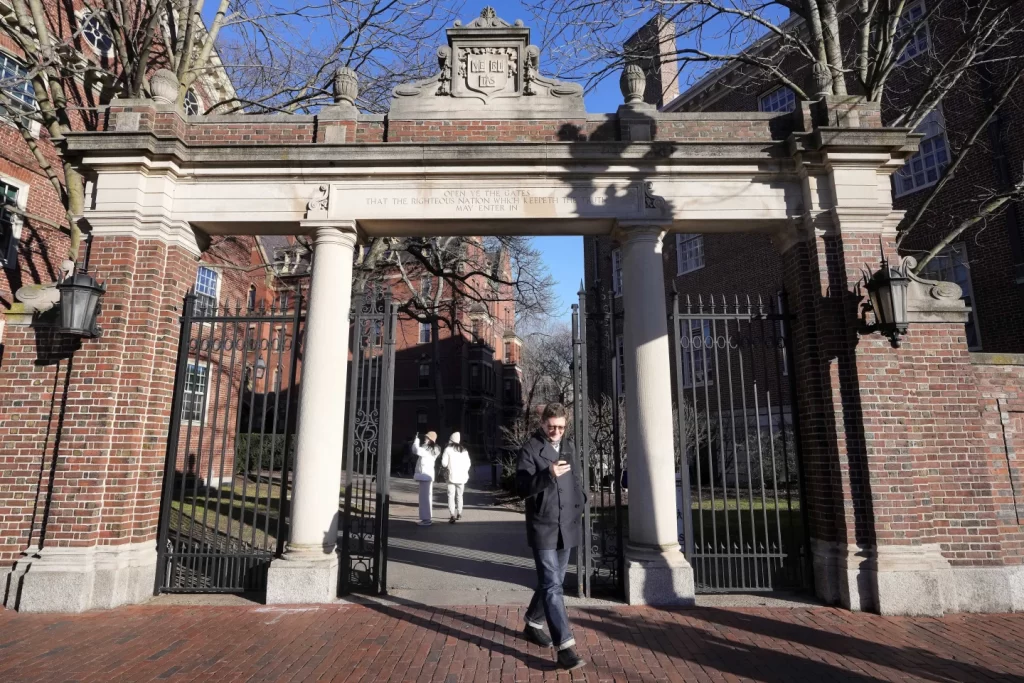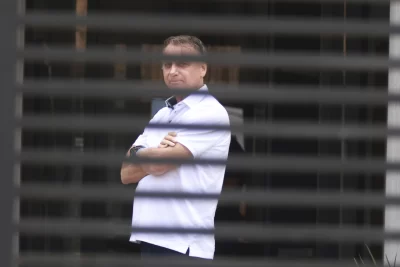
Generations of Americans have held firm to a version of free speech that makes room for even the vilest of views. It’s girded by a belief that the good ideas rise above the bad, that no one should be punished for voicing an idea — except in rare cases where the idea could lead directly to illegal action.
Today, that idea faces competition more forceful and vehement than it has seen for a century.
On college campuses, a newer version of free speech is emerging as young generations redraw the line where expression crosses into harm. There’s a wave of students who have no tolerance for speech that marginalizes. They draw lines around language that leads to damage, either psychological or physical. Their judgments weigh the Constitution but also incorporate histories of privilege and oppression.
It came to a head in December when leaders of three elite colleges were called to Congress to testify on campus antisemitism. With legalistic flourish, they took a stand for free expression as the Constitution and decades of case law define it, then faced weeks of backlash as opponents called them soft on antisemitism.
The fallout contributed to the Jan. 2 resignation of Harvard University President Claudine Gay, who faced mounting allegations of plagiarism that surfaced after the hearing. Her resignation followed the December ouster of Liz Magill of the University of Pennsylvania, who shifted her position on campus free speech amid the blowback.
She suggested rules rooted in the Constitution don’t do enough to protect students in a world with “signs of hate proliferating across our campus and our world in a way not seen in years.”
Campuses across the nation have confronted similar tensions amid rising antisemitism and Islamophobia. Debate has raged over whether to police phrases such as “from the river to the sea” and “intifada” — often used as pro-Palestinian chants but lately also seen by some as calls for the genocide of Jews. Columbia University is among several institutions that recently suspended pro-Palestinian student groups, citing their “threatening rhetoric and intimidation.”
Those types of phrases, however some perceive them, are “clearly constitutionally protected,” says Erwin Chemerinsky, a law scholar and dean of the law school at the University of California, Berkeley, which was the cradle of the free speech movement in the 1960s. Yet on all sides of the issue, he says, today’s students want to quash speech they don’t like, regardless of its legality.
“What I always hear now is how, when students are upset or offended, they phrase it as, ‘I feel unsafe.’ And I think it’s so important that we separate out the campus’ duty,” he says. “It’s not our role to make them safe from ideas that they don’t want exposed to. But that line, I think, has gotten blurred.”




